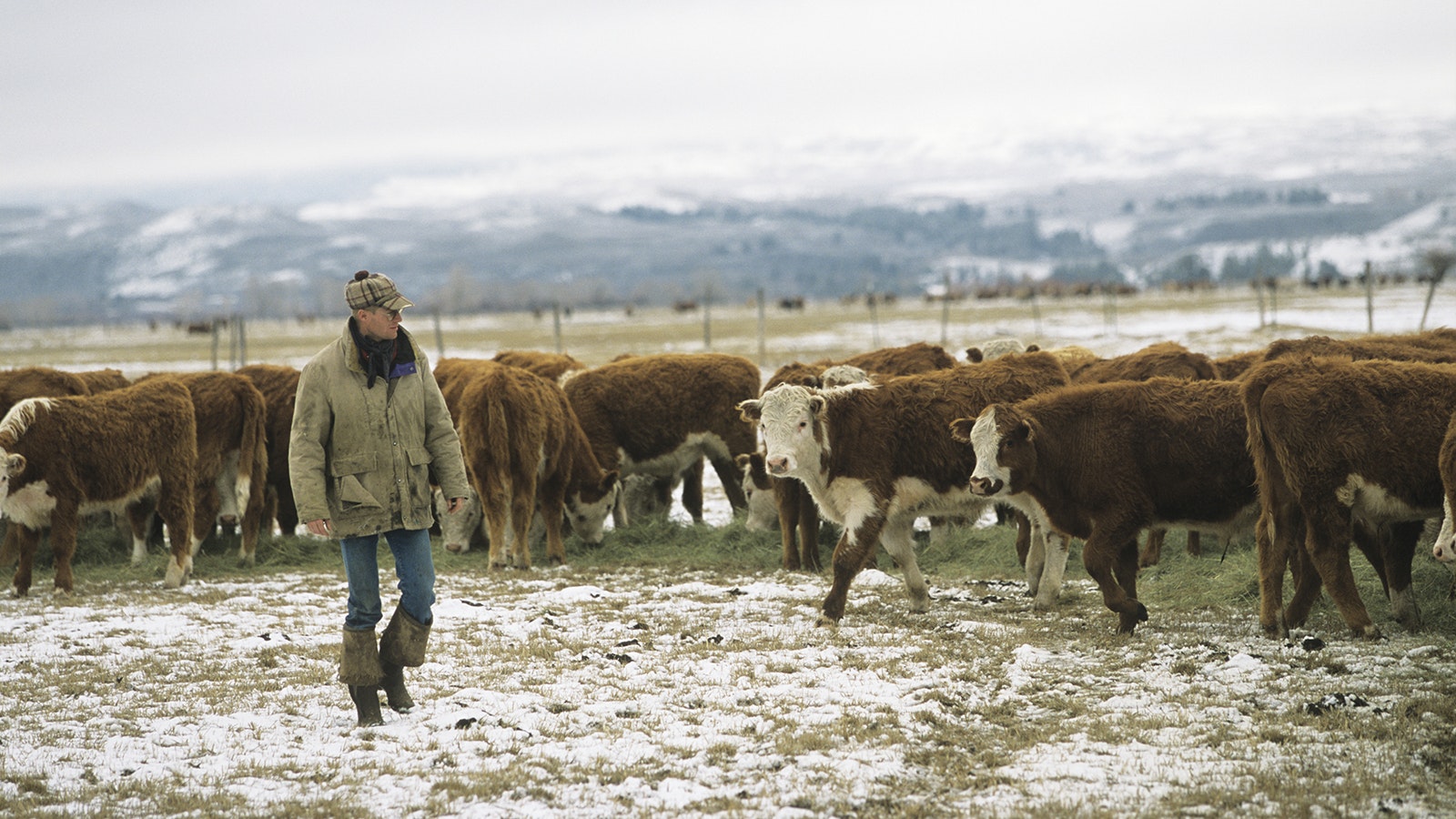Local UFCW President Kim Cordova was all but saying “I told you so” after a Kroger executive admitted in court this week that its prices for milk and eggs had exceeded inflation costs.
The admission, widely reported in national news media, came Tuesday in Oregon Federal Court during the FTC’s lawsuit challenging its proposed $25 billion merger with Kroger.
FTC attorneys produced an email from Kroger Senior Director for Pricing Andy Groff to his bosses during its bid to block the merger.
In the email, Groff said that retail inflation had been “significantly higher than cost inflation.”
Wyoming is a party to the FTC’s antitrust lawsuit.
Cordova, represents about 750 Wyoming grocery store workers.
“This confirms what hardworking families and grocery store workers have known all along,” she told Cowboy State Daily on Friday. “The company has engaged in price gouging and taken advantage of consumers during one of the most challenging economic periods in recent memory. Our members work day-in and day-out to make ends meet in an industry that reaps record profits at their expense.”
Cordova believes food deserts will expand if the Albert-Krogerson deal goes through, and that consumers will see increased prices due to less competition.
A USDA map shows food deserts expanded after the 2015 merger of Albertsons and Safeway.
Cordova is also concerned that workers may lose jobs, particularly if plans to sell off stores to C&S doesn’t pan out as expected,.
FTC Cherry Picking
A Kroger spokeswoman told Cowboy State Daily that the email being highlighted by national media is “cherry-picked” and doesn’t reflect Kroger’s “decades-long business model to lower prices for customers by reducing its margins.”
“What’s missing is the fact that Kroger’s retail prices include the cost to run a grocery store, including labor transportation, advertising and other costs,” she said. “Many of these costs have significantly increased since 2020.”
Kroger’s pricing is affected by factors beyond inflation, she added.
“We work relentlessly to keep prices as low as possible for customers in our highly competitive industry,” she said. “This is especially true for essential products like milk and eggs. Since 2020, these commodities saw significant cost fluctuations for a brand range of products. Despite these challenges, Kroger has maintained competitive pricing for milk and eggs, especially compared to Walmart.”
Maintaining reduced margins to offer lower prices over time is part of Kroger’s business strategy, she added, which won’t change after merging with Albertsons.
An Albertsons spokesman said he had no comment on the matter, since the testimony came from a Kroger executive.
How About Those Egg Prices?
Egg prices in particular hit record highs early in 2023. Industry analysts then blamed the high prices on an outbreak of avian influenza, which killed nearly 60 million birds, curtailing supply.
In January 2023 egg prices in the Cowboy State were around $5 a dozen — a 49% jump that remained in place until around June, when prices finally started to drop off.
As the FTC attorneys walked Kroger executives through weekly egg price reports from 2022 through 2023 this week, the company mentioned something else in its testimony that’s been highlighted by Cordova in previous interviews with Cowboy State Daily.
Albertsons is one of the key retailers that Kroger uses often for price comparisons.
Groff listed five everyday essentials that Kroger tries to be particularly competitive on. Those five are milk, eggs, sugar, bananas and iceberg lettuce.
To make sure they’re in the ballpark, the company benchmarks off Walmart, Aldi and a “key traditional retailer” in every market.
Whenever Albertsons is present in the market, that store is Kroger’s “key traditional retailer,” Groff testified.
Kroger has previously contended that its competition isn’t really Albertsons, Cordova said, and suggested the testimony shows how ridiculous the claim was.
“Our union knows how important competition between the two companies is to keep prices low and maintain essential leverage in securing strong contracts for our members,” she said.
A simple look at the map released by Albertsons and Kroger shows just how concentrated the grocery store industry has become, she has said previously.
“I mean, Southern California, (Colorado), Wyoming, New Mexico, Arizona, Texas — Safeway and Albertsons control the market and Kroger,” she said. “In some of our areas throughout both (Wyoming and Colorado), they control almost 100% of the grocery market.”
Renée Jean can be reached at renee@cowboystatedaily.com.





